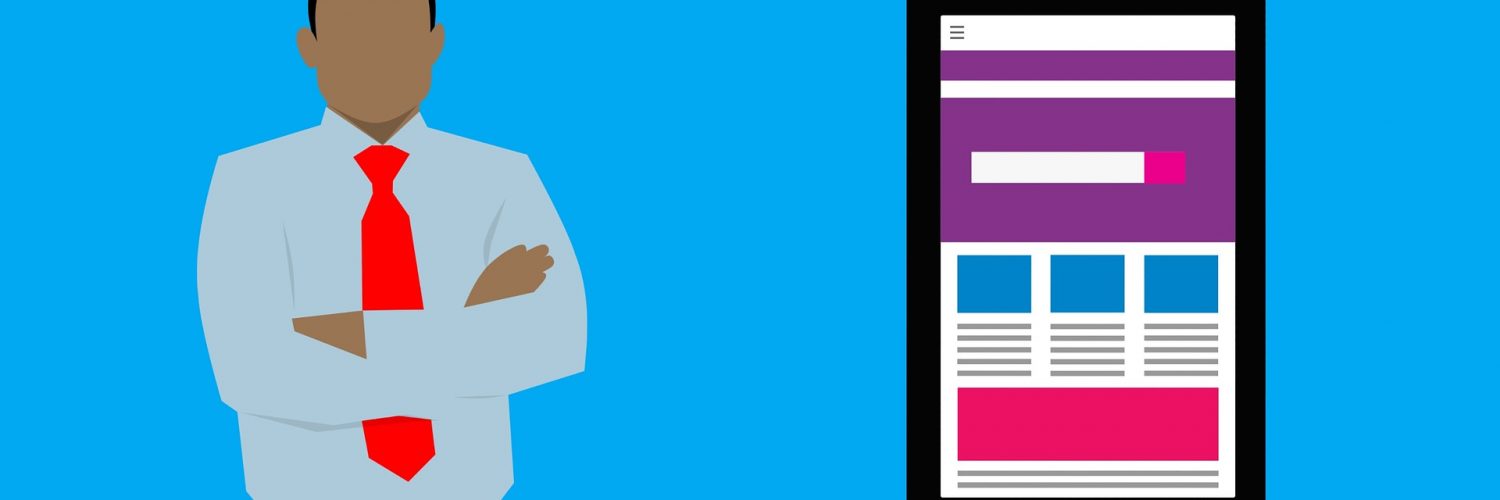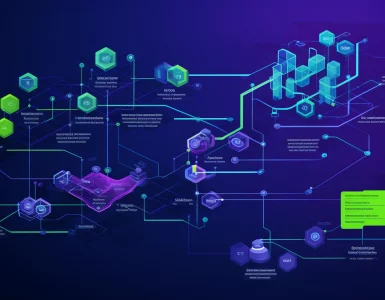‘Eat, code, sleep, repeat’ – the saying most of you are already familiar with indicates that writing truckloads of code is one way to become a better programmer. But, you do not want to be stuck spinning wheels, right? After all, all code is buggy and clean code is better than more code.
Experienced programmers are quick to point out that when coders eat, their plate must have veggies – debugging legacy code, unit testing and so on; when coders write, they must start where others stop – going through the iteration of refining code is a must; when coders rest, they should get adequate doses of it – after all, one’s lifestyle impacts one’s productivity.
So, if you’re wondering how to improve your programming skills, here are 9 sure-fire tips.
1. Write Code And Rewrite It
Rewriting code is not fun. But it greatly helps you go from code that works to code that works efficiently. It’s the equivalent of a writer or painter discarding version one and starting off with a blank slate to create something better. Guido van Rossum, the author of Python himself writes, “The implementation of numbers, especially integers, is one area where I made several serious design mistakes…sadly, I’m sorry to say that raising an overflow exception was not really the right solution either!” Geniuses analyze code keeping in mind the big picture and re-writing code creates space for this. It shows you that there is more than one way of arriving at the port, and that some routes are better.
2. Visualize Your Code With UML
Like the idea of getting the big picture and wondering how to improve logical skills in programming? Unified Modelling Language (UML) is your answer. It helps you visualize components within your system and the system within the software’s lifecycle. Working with a diagrammatic representation allows you to view relationships, organize your program, and craft a great blueprint systematically. Planning with UML beforehand is like the pole-vaulter taking a run-up to thrust forward gracefully later. Appreciate the analogy? Well, its because a picture says a thousand words, and that’s where UML can lead you to, notes Bluescape.
3. Read Books, Blogs, And Good Code
Mixing with kings doesn’t necessarily make one a king, but there’s a high chance you’d pick up his mannerisms and jargon if you do. Great programmers often share their thoughts and best practices through books and blogs. Reading a book, like Clean Code or Domain-Driven Design, every month or so ensures that you broaden your horizons. Beyond prose, however, you can go on to reading code, proprietary or opensource, to unpack what makes great code really great.
4. Put On Your Hacker Hat
Are hackers better than coders? Some think so. Kenneth Jiang, writing for Medium, notes that coders think the code is 80% of what matters when it comes to building software, and hackers care more about how software runs in production and serve users. His analysis: hackers are far more superior. But, beyond the debate, breaking code takes skills, and riddling through loopholes is a way for you to grasp relationships and see things from a different perspective.
5. Join The Opensource Fraternity
Contributing to opensource projects gives you a chance to get your hands dirty. It’s not necessarily easy though and you’d have to draw out solutions, build code, test it, write documentation, and so on. Nonetheless, it’s fruitful and even if your changes aren’t accepted, there’s a high chance that you’ll better your reputation, make friends with senior developers with whom you can later bounce off thoughts, and gain insights on how to improve programming skills through contributor forums.
6. Create An Environment (Physical) For Coding
This might sound elementary, but it is key that coders weed out common distractions. For instance, freeCodeCamp cites a study by Georgia Institute of Technology which notes that it takes online developers 10-15 minutes to get back into the thick of things when interrupted. That’s a lot of time, especially if you’re usually steeped in social media. So, head off to your quiet place or mute your phone if you must, but give your mind the space to work with focus.
7. Be A Polyglot
Learning different coding languages isn’t about adopting the ‘jack of all, master of none’ approach. It’s about keeping yourself relevant and mastering new perspectives. Coding languages gain currency and go out of fashion from time to time or between projects, and confining yourself to one makes you less useful and versatile. Facebook, for instance uses many languages: JS for the front-end and C++, PHP, Hack, Erlang, D, and more for the back-end. With many languages in your developer toolkit, you’ll be in good stead to tackling projects that come your way in the future. You will also have your pick of jobs and may be able to enjoy a more attractive salary package!
8. Teach Code
Ever find yourself asking, ‘How can I improve my programming skills?’ Consider this solution: speak code. This is not just an exercise in amassing soft skills. No, teaching is often the best way of learning something more deeply. This could take the form of mentoring a junior or delivering a session at a conference. Jennifer Bland, a senior software developer, notes that there is a ‘direct correlation between being able to articulate a topic to having a deep understanding of that topic’.
9. Cultivate A Healthy Lifestyle
If tip #8 was unexpected for you, you’re sure to be taken aback by engineers who tell you that exercising is a way to becoming a better programmer. So, if you’re wondering how to improve problem-solving skills in programming effectively, the answer is simple. Get off your chair and pick up a pair of dumbbells, perhaps. The logic? It has been shown that ‘moderate-intensity exercise is related to increased performance in working memory and cognitive flexibility, whereas high-intensity exercise improves the speed of information processing’. Recoiling into a slump over a span of 8 or more hours isn’t really the best way to remain productive, so make time for some movement.
While you hone your programming skills, discover premium jobs matched to your profile by our AI-powered algorithms. Register today and take our assessment!






Add comment